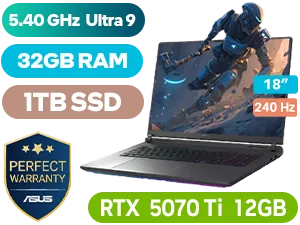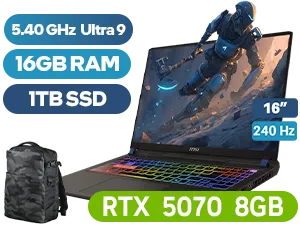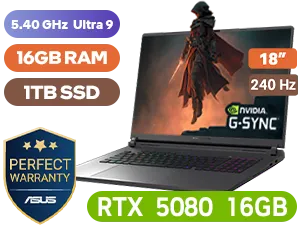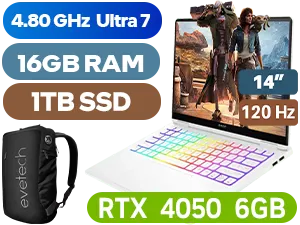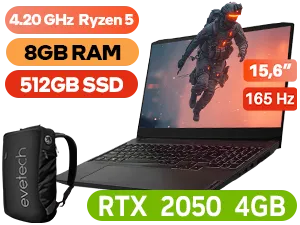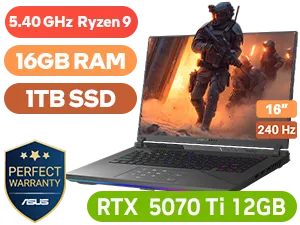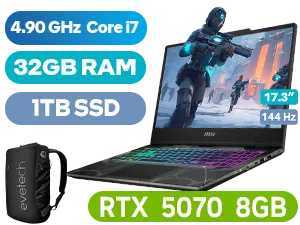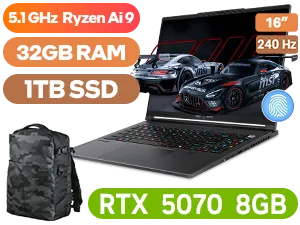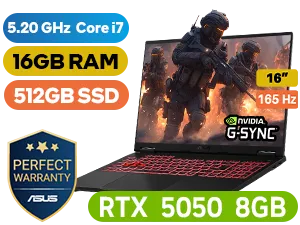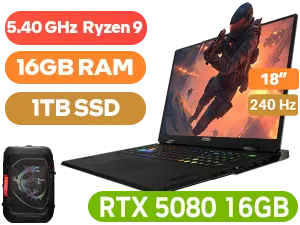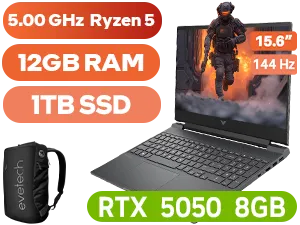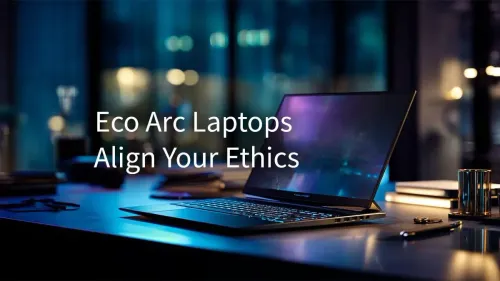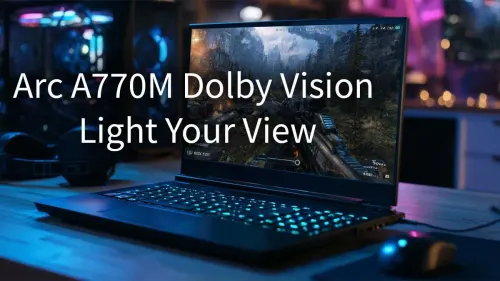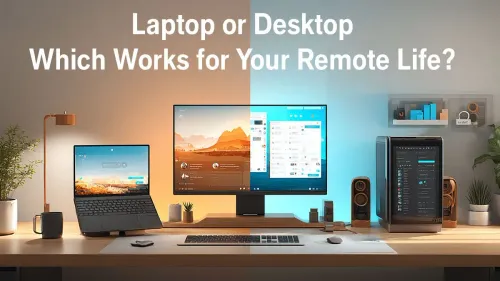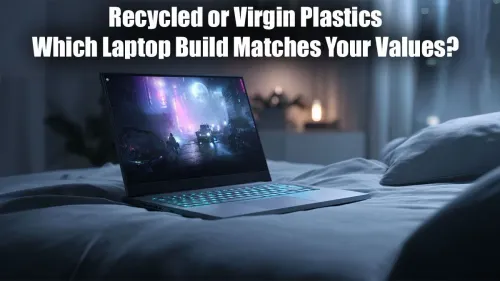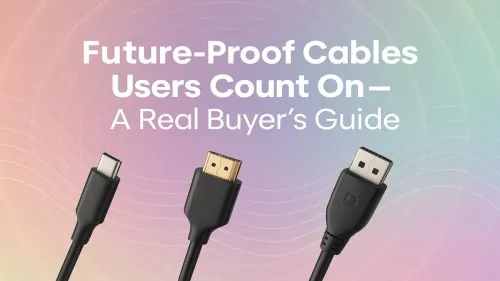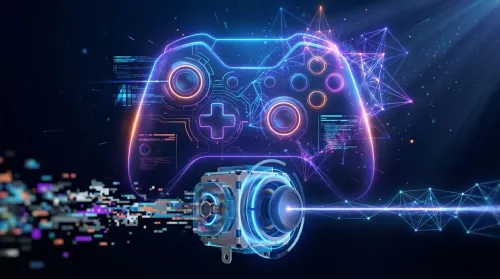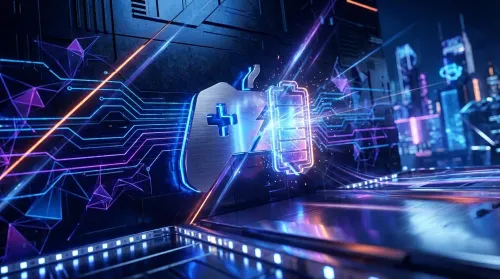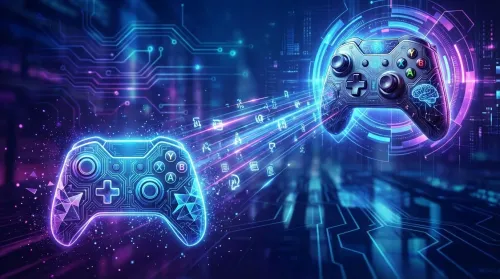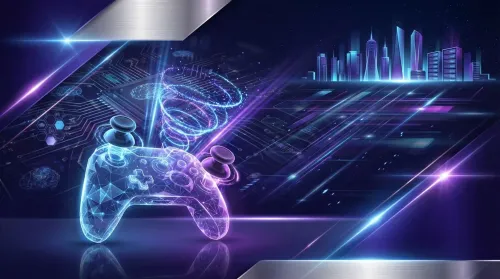Laptop Energy Efficiency Myths Revealed
Discover if new laptops really save on electricity bills compared to refurbished 💻💡 | Key differences in power consumption impact you need to know.
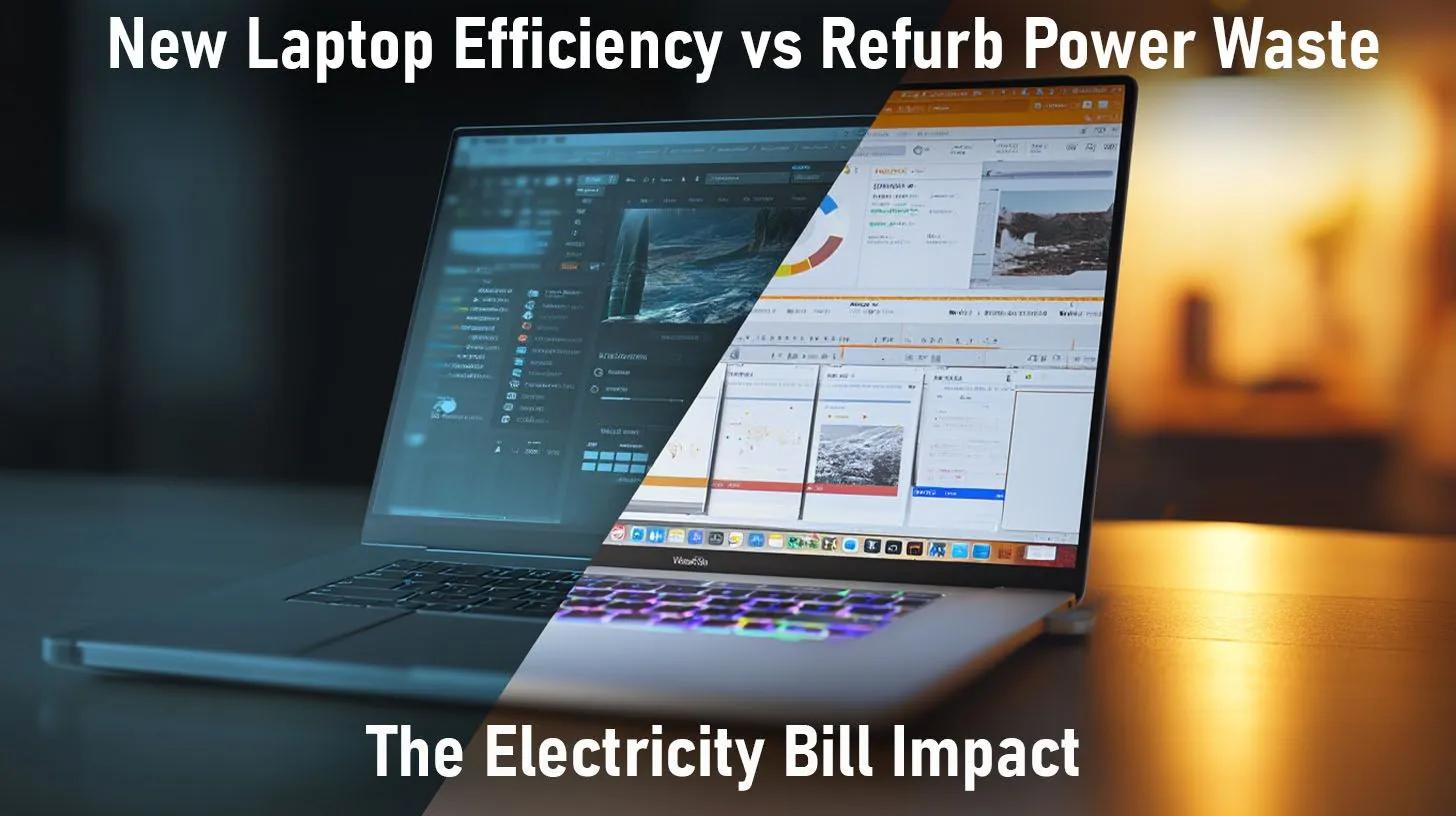
Think You Know Laptop Battery Life? Let’s Bust Some Myths.
You dimmed your screen. You closed a few tabs. But your battery still tanked halfway through that match or lecture. Sound familiar? South African users are bombarded with claims about power-saving tricks—but not all of them hold water. In this post, we reveal the truth behind laptop energy efficiency myths, so you can make smarter decisions about your next upgrade… and your next unplugged session. 🔋💻
Myth 1: AMD Uses More Power Than Intel
This one’s outdated. Today’s AMD Ryzen mobile processors are shockingly efficient, especially with their adaptive power profiles and 7nm architecture. In fact, many Ryzen laptops now outperform Intel counterparts in mixed-use endurance tests, while running cooler.
If you’re looking to stretch both battery and budget, browse our top Ryzen laptop deals—many models now offer all-day battery and beefy multitasking for under R12,000.
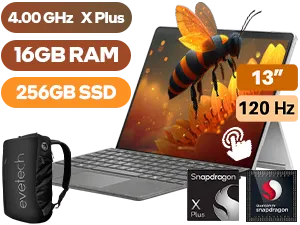
Microsoft Surface Pro 11 16GB/256GB Snapdragon
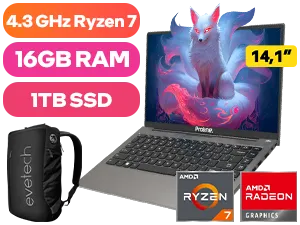
Proline Thinline V14 16GB/1TB Ryzen 7
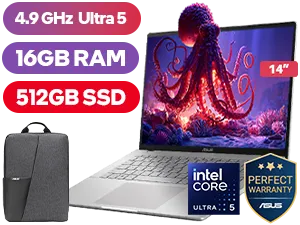
ASUS Vivobook S14 S3407CA 16GB/512GB
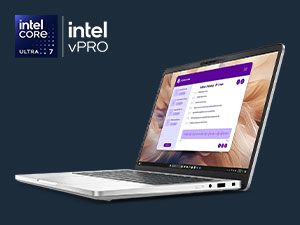
Dell Pro 13 Plus 16GB/512GB Core Ultra 7
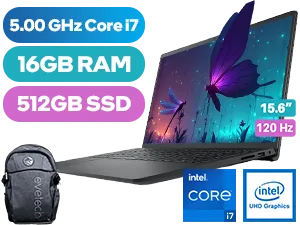
Dell 15 DC15250 16GB/512GB Core i7
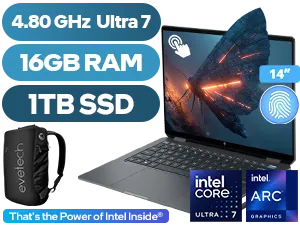
HP OmniBook Ultra Flip 16GB/1TB
Myth 2: Closing Apps = More Battery Life
Not always. Most modern operating systems (Windows 11 included) suspend unused apps automatically. Constantly force-closing them just resets the process when you open them again—which can actually cost more power.
Instead, focus on background services, auto-start apps, and browser tab management. Use Task Manager or battery diagnostics tools to spot the real hogs.
For comparison, many Intel-powered laptops feature built-in battery optimisers that throttle performance intelligently based on workload—great for hybrid users who bounce between work and play.
Myth 3: High Refresh Displays = Battery Killers
It depends. A 144Hz panel can consume more power—but only if it runs full-tilt all day. Most laptops now include dynamic refresh or adaptive sync, which lowers the refresh rate automatically during static use like reading or emails.
Want that smooth gaming feel and better efficiency? Check if your display supports refresh control settings in BIOS or GPU software.
Switch to Battery Saver Mode Manually
Don’t rely on auto-detection—manually enabling Battery Saver before a long session can extend usage by up to 30%.
Myth 4: Sleep Mode Wastes Energy
Actually, it saves it—a lot. Compared to idle mode, modern sleep states reduce power consumption significantly while keeping your system ready in seconds. Just be sure hibernation isn’t set to override sleep automatically in your power plan settings.
Also, using sleep rather than shutdown means your background updates and apps stay current without the startup surge.
For laptops that resume fast and conserve power, explore our latest laptop specials—many include NVMe drives and rapid-wake tech designed for hybrid users.
Myth 5: Bigger Batteries Are Always Better
Not necessarily. Bigger batteries add weight and cost. A well-optimised 50Wh battery with power-efficient internals can outperform a poorly-managed 70Wh setup.
What matters more is:
- CPU and GPU efficiency
- Display brightness and resolution
- Operating system battery tuning
- Power-hungry accessories (e.g. RGB lighting, peripherals)
Focus on total system design, not just battery capacity.
Final Thought: Smarter Use Beats Spec Sheets
In the world of laptop energy efficiency myths, it's easy to get caught up in numbers. But real-world usage tells a different story. Choosing the right balance of hardware and habits can make a huge difference—especially in a country like SA where loadshedding still lurks in the background.
Stay unplugged longer. Stay informed.
Shop Smarter, Stay Powered Upgrade to a laptop that balances performance and endurance like a pro… Shop now at Evetech for performance that leaves lag in the dust.
Yes, newer laptops tend to be more energy-efficient due to modern processors and optimized components.
Not necessarily. Efficiency depends on specifications and battery health, not just being refurbished.
Savings vary but upgrading can reduce power consumption by 10-30%, cutting annual costs.
Yes, especially for frequent users, as long-term savings on bills often outweigh higher initial costs.
These laptops feature improved battery life, optimized processors, and low-power components.
Use built-in operating system tools or apps like PowerCFG to monitor your laptop's energy consumption.
Yes, efficient laptops reduce electricity waste, lowering carbon footprint and supporting sustainability.
